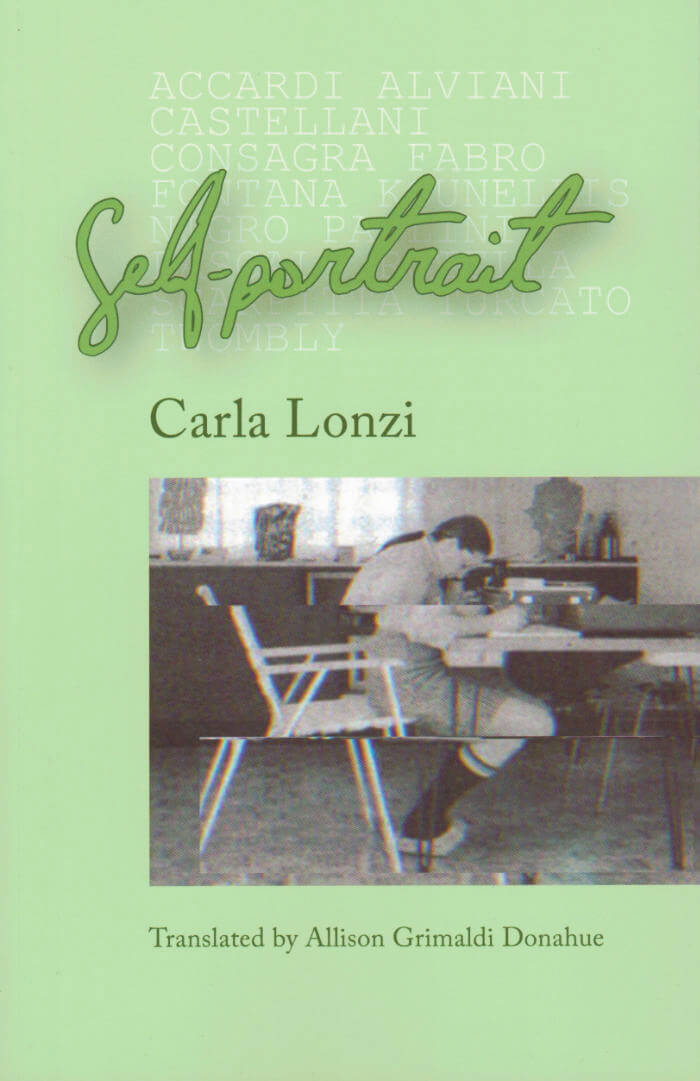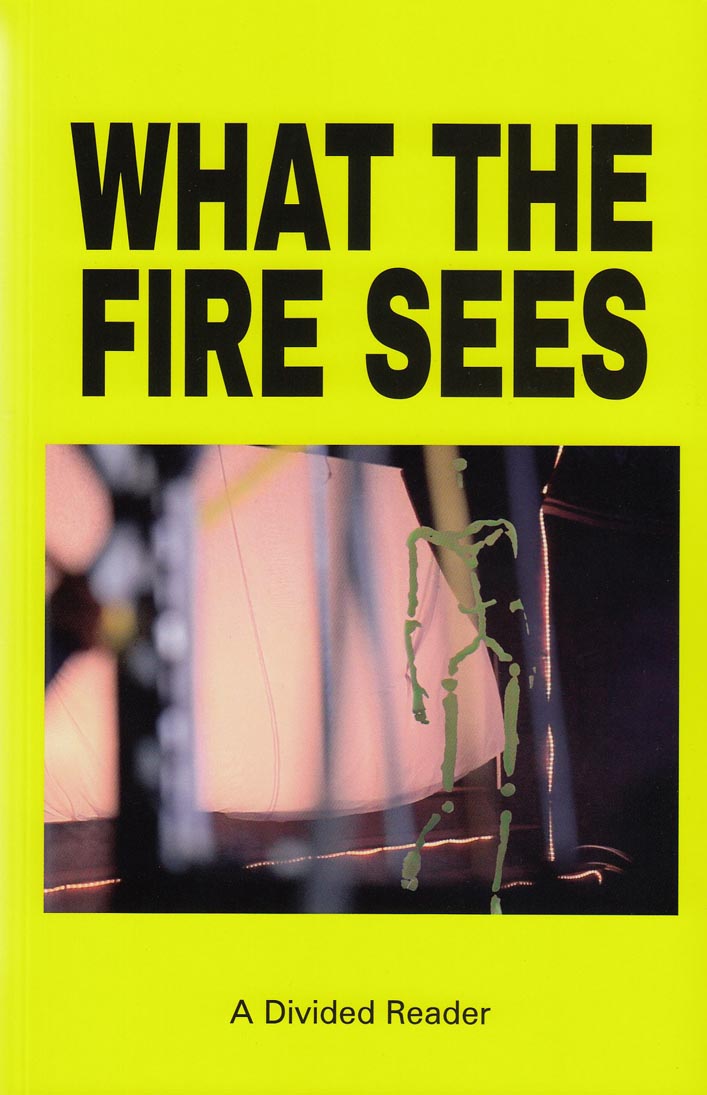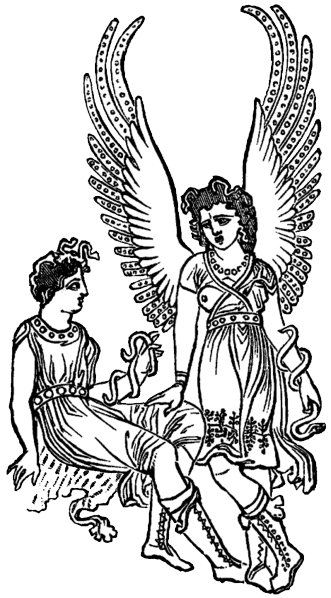Marouane Bakhti
[Available for pre-order, out 23 September 2024]
Everyone is asking about his identity. Gay? Muslim? French? Moroccan? Instead of choosing a side, he writes a book. A book about the forest and the city, Paris and Tangiers, shame and forgiveness, dating apps and spiritual discovery. A book about growing up as a diaspora kid in rural France, with desires that want to emerge at any cost. Told in mesmerising prose, How to Leave the World is a beautiful non-answer.
A rare book that depicts the isolation and poetry of rural life. —Annie Ernaux
What it takes to imagine social and physical freedom is what it meant to keep reading this incredible book. —Bhanu Kapil
978-1-7395161-3-0
21.6 x 13.9 cm
112 pp, paperback
Out 23 September 2024













